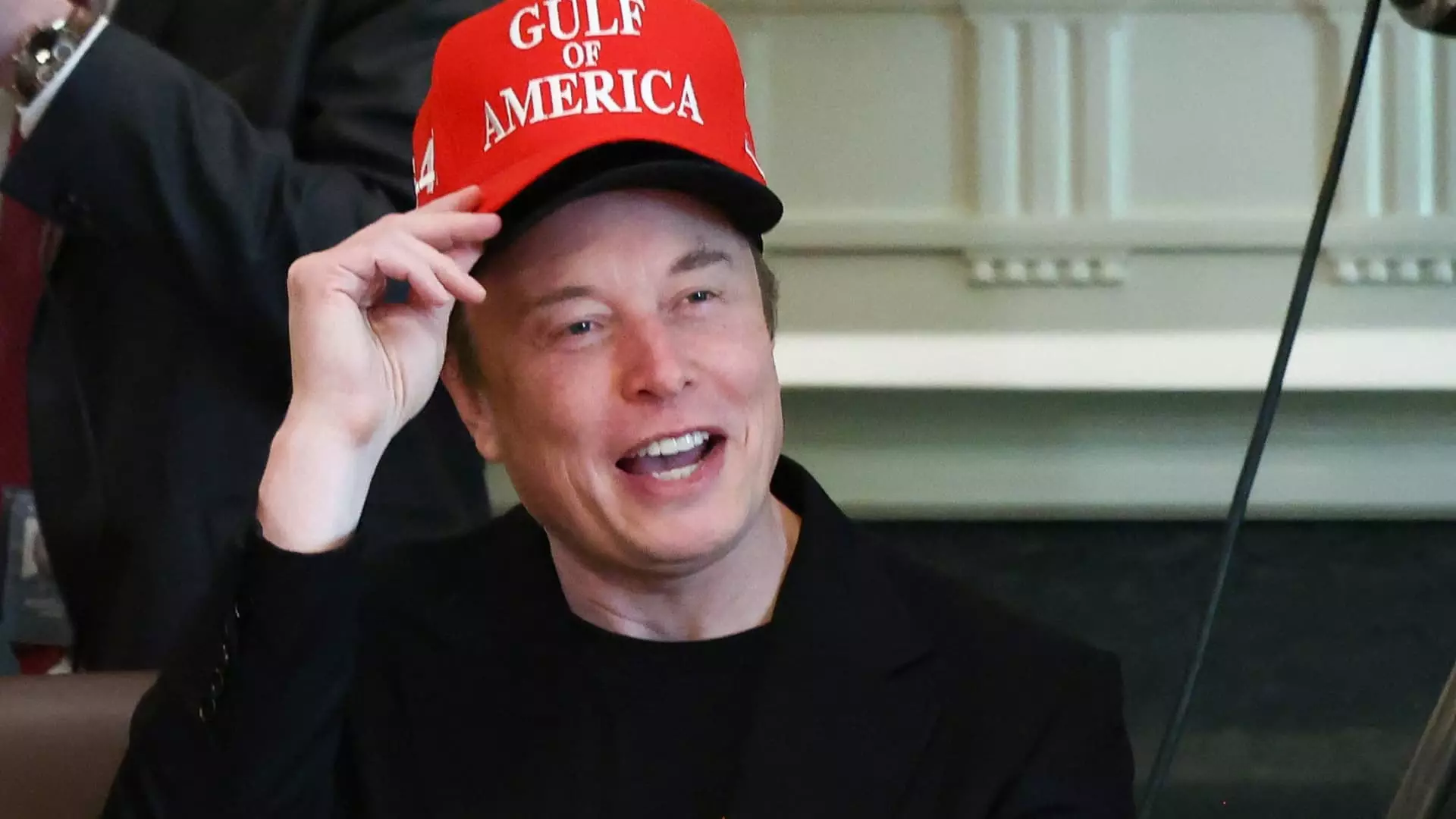When Elon Musk, the self-proclaimed master of innovation, stepped into the realm of government, many questioned whether his entrepreneurial acumen could translate into effective public service. Musk’s role in Donald Trump’s administration as head of the Department of Government Efficiency raised eyebrows and concerns, prompting a deeper analysis of the impact of having a billionaire CEO in a bureaucratic position meant for serving the public. His recent departure from this peculiar role only amplifies the pressing question: Can business-minded leaders truly grasp the complexities of governance, especially when their values seem misaligned with communal welfare?
The Illusion of Efficiency
Musk’s narrative revolved around reducing “wasteful spending” within federal agencies, a noble intention on the surface. However, the execution of such a vision often oversimplifies the intricate needs of societal programs aimed at aiding the most vulnerable. During his tenure, Musk publicly critiqued vital spending bills traversing Congress, claiming they undermined his initiatives aimed at fiscal efficiency. Yet, it raises significant red flags when a billionaire—whose wealth dwarfs the budgets of various social programs—positions himself as the gatekeeper of government expenditure. The danger lies in the potential to prioritize corporate-like metrics over human-centric policies, risking the welfare of countless Americans.
A Strained Focus on Private Interests
As he departed his government role, Musk signaled a shift in priorities back toward his businesses—citing the need to refocus on Tesla, SpaceX, and xAI. Such a transition reveals the inherent conflict of interest that emerges when individuals like Musk straddle both the worlds of private enterprise and public service. With his billionaire status, is he capable of making decisions that genuinely benefit American citizens? Or does he inevitably revert to protecting his corporate interests? Although Musk’s initiatives within the Department of Government Efficiency initially aimed to streamline processes, the looming question remains whether this purported efficiency was merely a guise for advancing his own agenda.
The Broader Implications of Musk’s Exit
Musk’s short-lived government engagement is not merely an isolated case; it serves as a cautionary tale about the perils of allowing celebrity figures into political roles without adequate oversight. As allegations of legal violations surface amidst his governmental endeavors, the specter of accountability raises significant concerns. In a functioning democracy, where governance often operates best with checks and balances, Musk’s situation exemplifies the potential risks of a lightweight governance structure heavily influenced by financial titans willing to push boundaries.
A Call for Thoughtful Leadership
Ultimately, Musk’s departure emphasizes the urgent need for leaders who prioritize ethical governance over profit-driven motives. While his track record in innovation cannot be denied, it is crucial to discern where such skills can be best applied. Public service requires a fidelity to democratic values—values that sometimes starkly contrast with those driving corporate success. America deserves leaders who embrace the nuances of public needs, not just those who view governance as another extension of their expansive business empire.


Leave a Reply